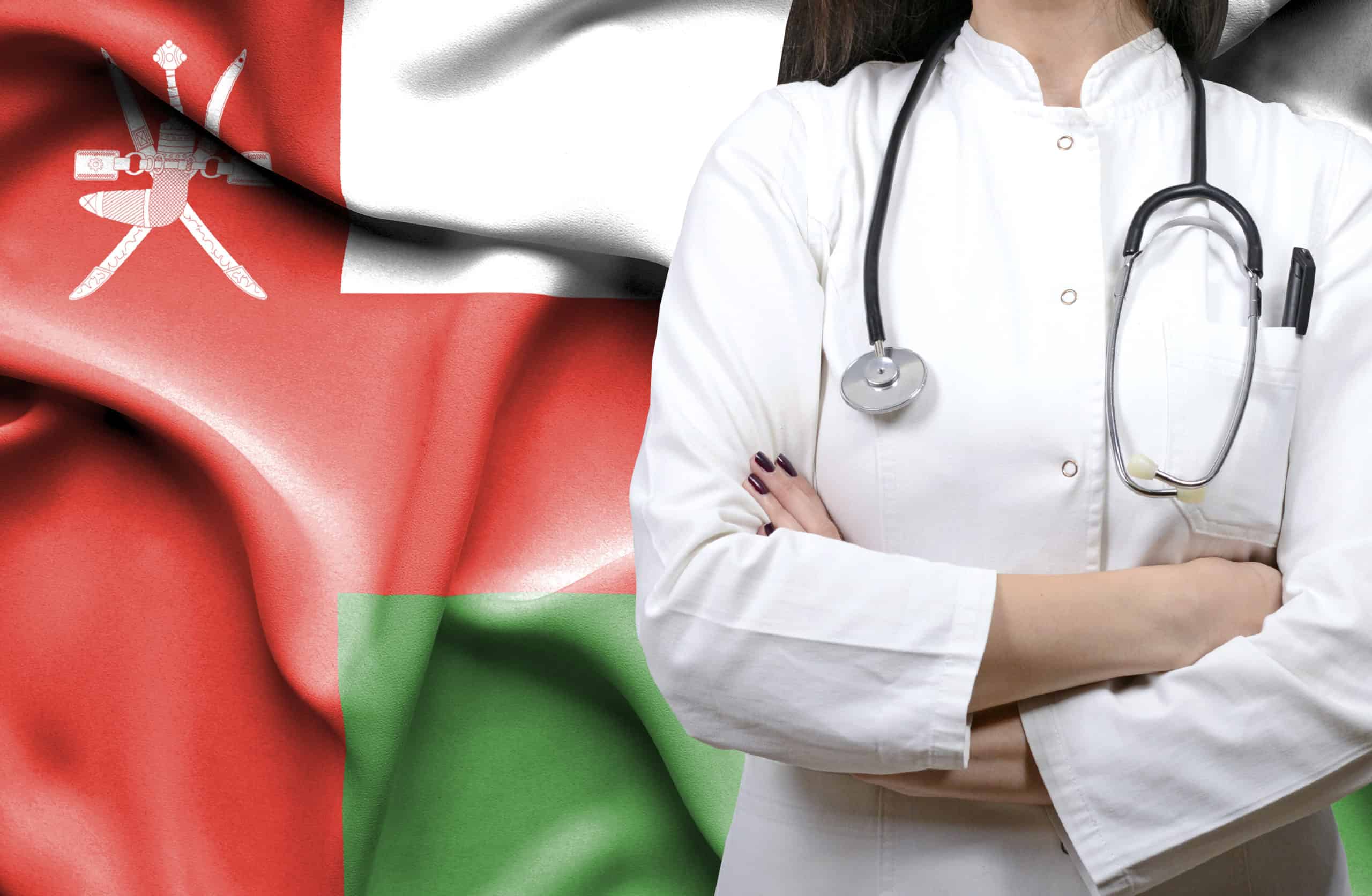Moving to Oman from Dubai in 2021 takes careful preparation and attention to details and documentation. We provide everything you need to know before moving from Dubai to Oman. Start your move today by obtaining up to 6 competitive moving to Oman quotations FREE.
The Sultanate of Oman is a country of 120,000 km² located on the South Eastern Coast of the Arabian Peninsula. Following 150 years of Portuguese rules, and between the 17th and 19th century the Omani Sultanate heavily influenced the Persian Gulf and the Indian Ocean with the capital Muscat acting as a crucially important trading port in the region.
Oman is made up of a large central rocky desert plain, with mountainous regions to the north and south. The capital of Muscat has a population of approximately 800,000. Other large cities are Seeb, Bawshar, and Salalah in the South. Expats make up almost one-third of the total population. They originate from mostly South Asia, Africa and to a lesser extent Europe.
Whilst oil and gas makes up the vast majority of the national economy, tourism continues to be a growing industry and over the last 20 years, the government has actively attempted to diversify the economy especially in the areas of industry, agriculture, and infrastructure.
The climate in Oman is similar to the rest of the Persian Gulf. Summer temperatures can exceed 40°C. Winters temperatures cool down to a very comfortable 20-25°C. The south of the country tends to be cooler throughout the year and the mountainous area near Salalah can experience rainfall between July and September caused by monsoons originating from the Indian Ocean. These rains have made certain areas relatively fertile with coconut palms very common and abundant wildlife including leopards, foxes, Oryx and several species of birds.
Expats moving to Oman, are very likely to find themselves in the capital city of Muscat. However, there are more than 1.5 million ex-pats spread throughout the country.
The vast majority of these make up the manual labour and workforce including construction, service industries, domestic help etc. However, in recent years the government has stepped up efforts to reduce its reliance on foreign labour.

Anyone relocating to Oman to take up a skilled position not only benefits from tax-free salary but will also find themselves living in a country which is one of the most stable and secure in the Middle East. Omani’s are generally friendly and welcoming towards foreigners with women playing more of an active role than many other Middle Eastern societies. Whilst being an Islamic country, Oman is among the most progressive nations in the region.
In addition, the country offers a relatively low cost of living compared to other Gulf countries. For the adventurous, Oman offers a huge variety of activities from sports and leisure clubs to beautiful beaches with a multitude of water sports to spectacular mountain ranges offering cycling and hiking. Offshore, Oman also offers tremendous snorkelling and Scuba diving options in addition to the ever increasingly popular whale watching.
Moving to Oman with a family presents few obstacles, with a large selection of schools and quality healthcare facilities added to the above-mentioned wide range of activities making this an ex-pat posting with high quality of life opportunities.

Snorkelling with whale sharks, the largest fish in the world, off the coast of Oman
(Source – NUMBEO)
One aspect of health and well-being which is often overlooked is sunstroke and sunburn. Oman is a very hot country, particularly during the summer months. Many visitors are completely unprepared for the extreme temperatures. A high factors sunblock in addition to a good pair of sunglasses is a must. It is also a good idea to drink lots of water.
Generally, healthcare in Oman is of a high standard. Whilst public healthcare is a reasonable standard it mostly caters to local Omani’s. Expats tend to arrange private medical insurance and make use of the many private healthcare hospitals and clinics throughout Oman.
Most of the private hospitals in the main cities are modern with excellent equipment and high-quality medical professionals. The language barrier is rarely a problem with many of the medical staff speaking fluent English.
Dentists in Oman are very well trained and use state-of-the-art equipment. Charges for dental care are reasonable when compared to many western countries.
Pharmacies are plentiful throughout the country with some of them being open 24 hours per day. Certain medication may be restricted or even banned in Oman; for example, antidepressant medication is actually outlawed and officially unavailable in the country. Having said that a lot of medicines are available over-the-counter without the need for a prescription. Most medication tends to be reasonably priced.

It is common for employers to provide medical coverage for employees (and their dependents) as part of the remuneration package.
Public/State-run schools generally cater to local and other Arabic children and tend not to be ideal for non-Muslim ex-pat kids. Certain schools may only allow Muslim children to enrol, the curriculum tends to be taught almost exclusively in Arabic and virtually all schools are strictly single-sex.
Consequently, ex-pat families tend to take one of the following options. Option 1 – is to board children in the home country. Option 2 – Oman has a number of private schools covering American, British and IB curriculum.
Nursery and kindergarten are available to children between the ages of 3 and 6. Primary and secondary education take children up to the age of 14 and high school is available to children between the ages of 15 to 18 years. Schools generally operate between the hours of 8 AM to 3 PM from Sunday to Thursday (Friday and Saturday is the weekend).
One common problem in Oman is the turnover of teaching staff, which tends to be higher than in many other countries. This can prove to be quite disruptive for a number of children due to lack of continuity.
Private school tuition fees tend to be relatively high. Fortunately, many employers include educational allowances as part of an ex-pat remuneration.
Some schools in the Muscat area
British School Muscat
Website:www.britishschoolmuscat.com
Indian School Muscat
Website:www.ismoman.com
The American International School Muscat
Website:www.taism.com
Our Planet International School
Website:www.ourplanet-muscat.com
The Sultan’s School
Website:www.sultansschool.org
When moving to Oman from Dubai, importation of Household Goods and Personal Effects
IMPORTANT: Do not include any alcohol in the shipment.
For a more in-depth look at the documentation, please check the International Association of Movers.
Useful Links
Oman Customs Dept.
Oman Ex-pat
Womens Groups in Oman
Note: This document is provided as a guide for people moving to Oman from Dubai, UAE and for information purposes only. Customs regulations can and do change at any time, usually without notice. Your mover will provide you with more information.
